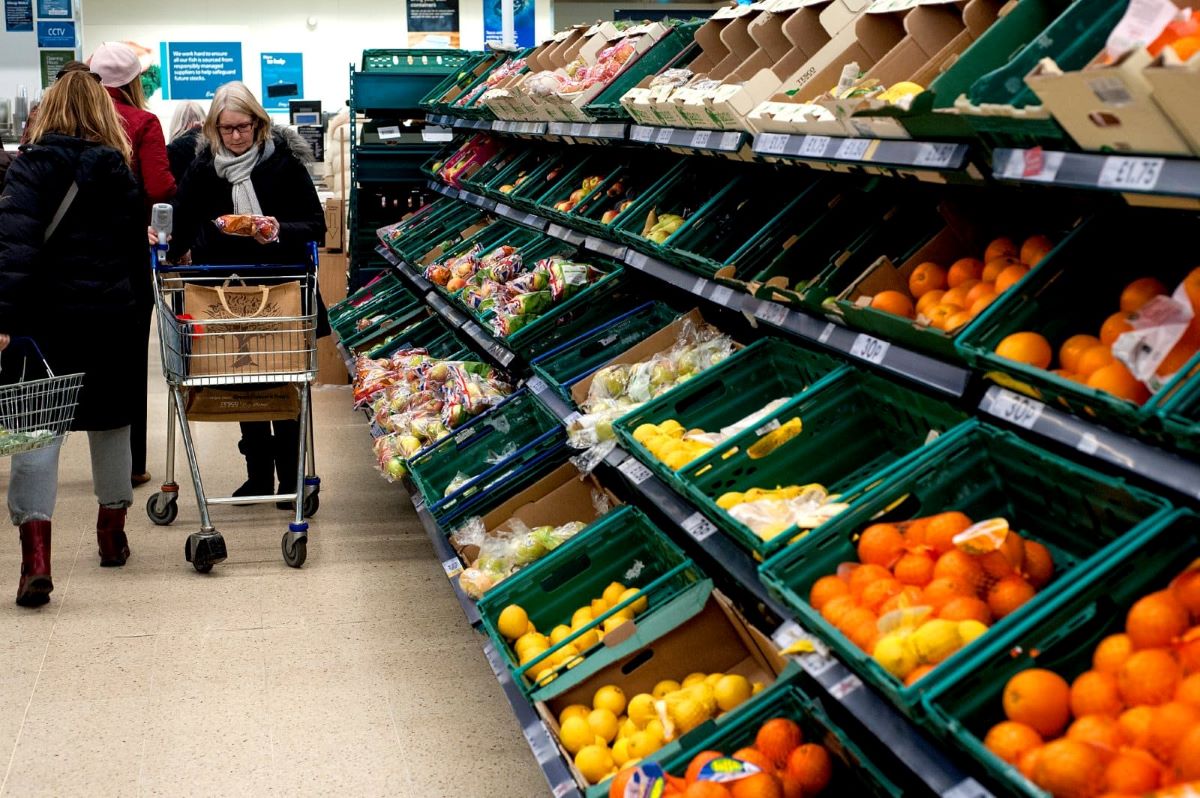Four years after Brexit, the UK faces a new wave of challenges as food import costs from Europe are set to surge by 60%.
Brexit Four Years On

Brexit was never going to be a quick and painless process, but the consequences are still coming four years later. This time, Brits are facing a 60% rise in foods imported from Europe.
New Costs
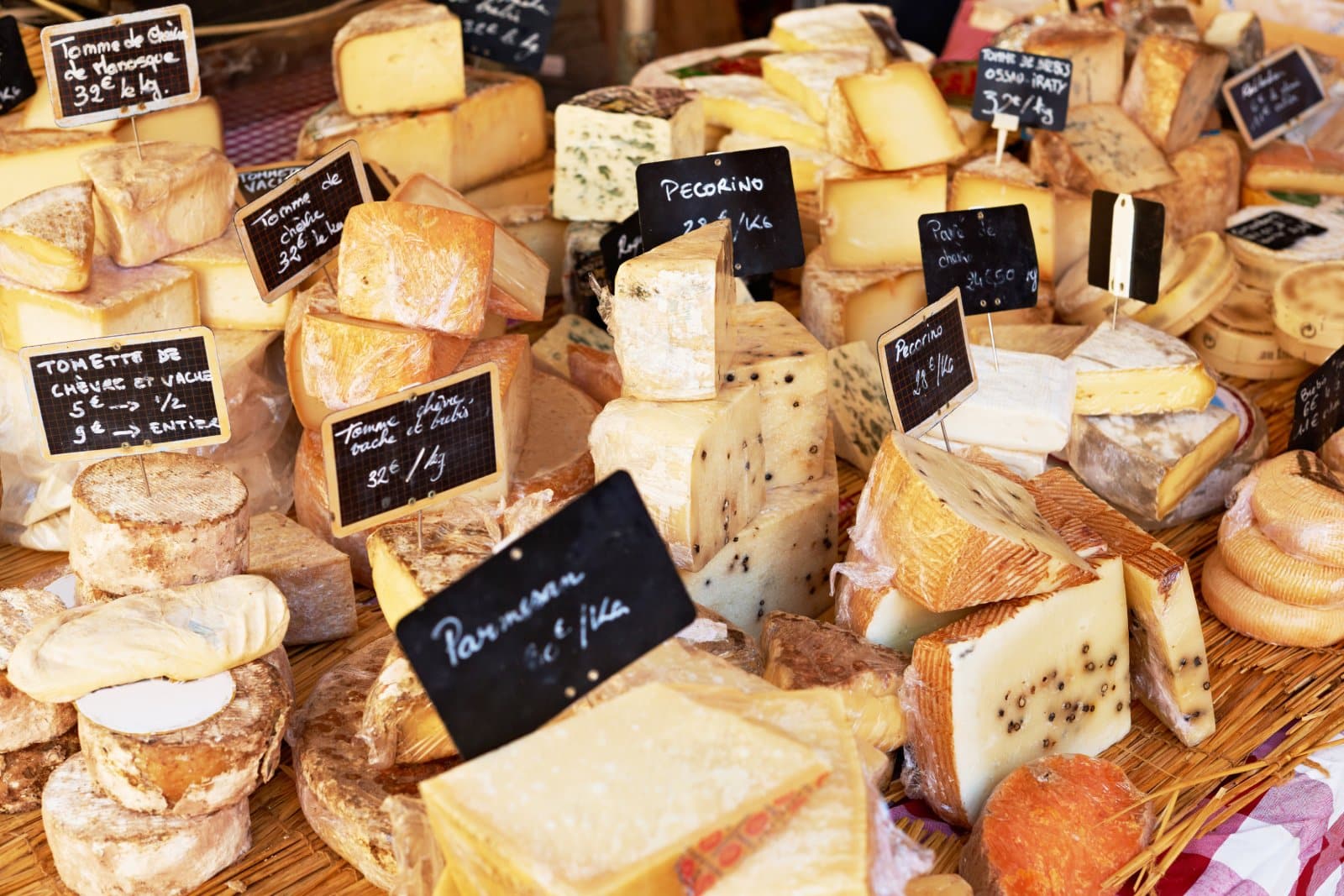
Who doesn’t love French cheese, Italian olives or Spanish wine? These items may become an even rarer luxury in the coming months as costs are set to rise for importers and consumers alike.
Importing Through Dover

While the Channel Tunnel and ferries that connect us to mainland Europe might make travel more affordable, Brexit means importers using these routes face new and significant costs.
The Cost of Brexit
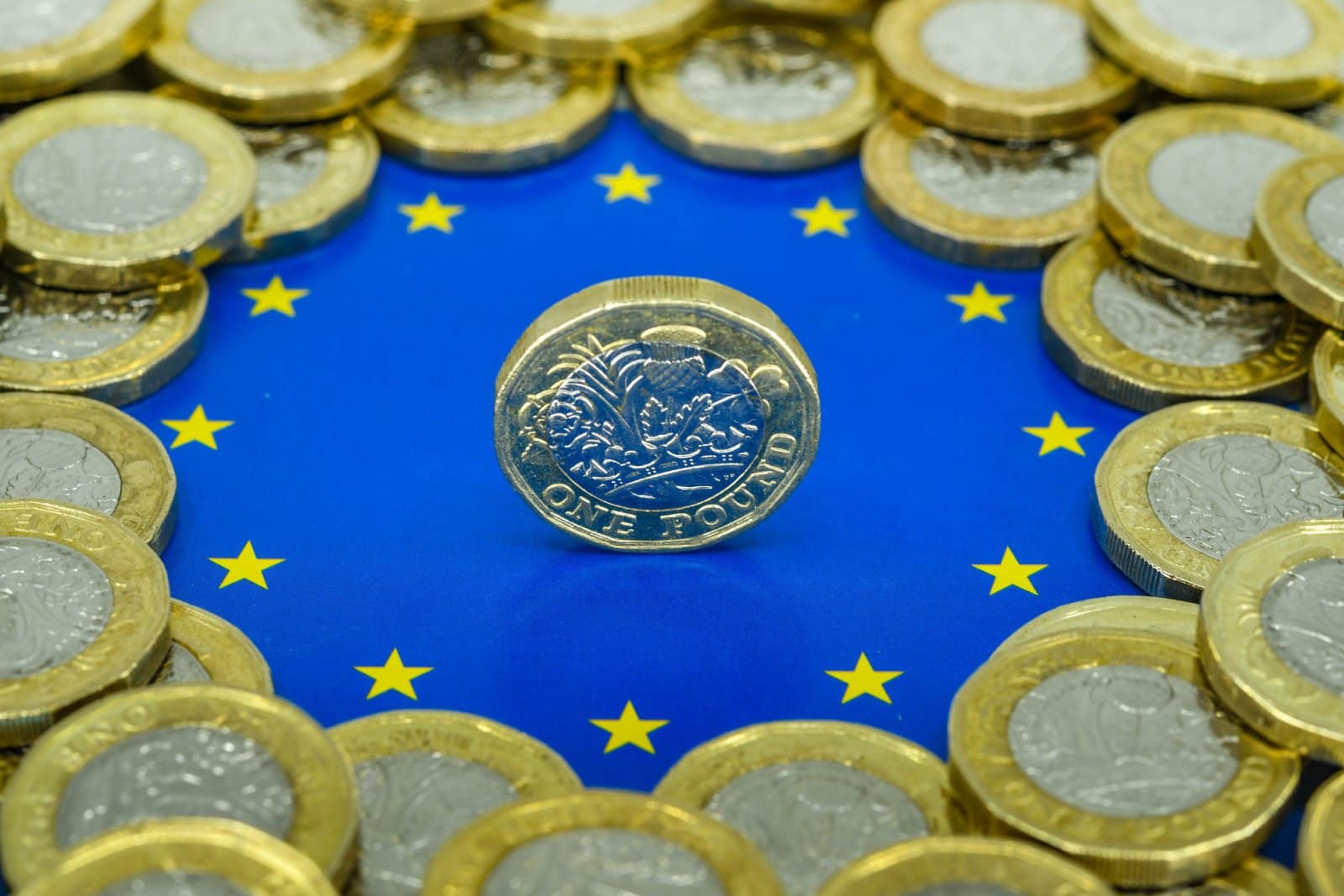
We’ve already seen and been affected by the new rules and regulations resulting from the end of free movement between the EU and the UK, but there’s still more to come.
Delays

Delays have created serious problems for many businesses, and now additional costs will likely affect us all.
Fees and Checks
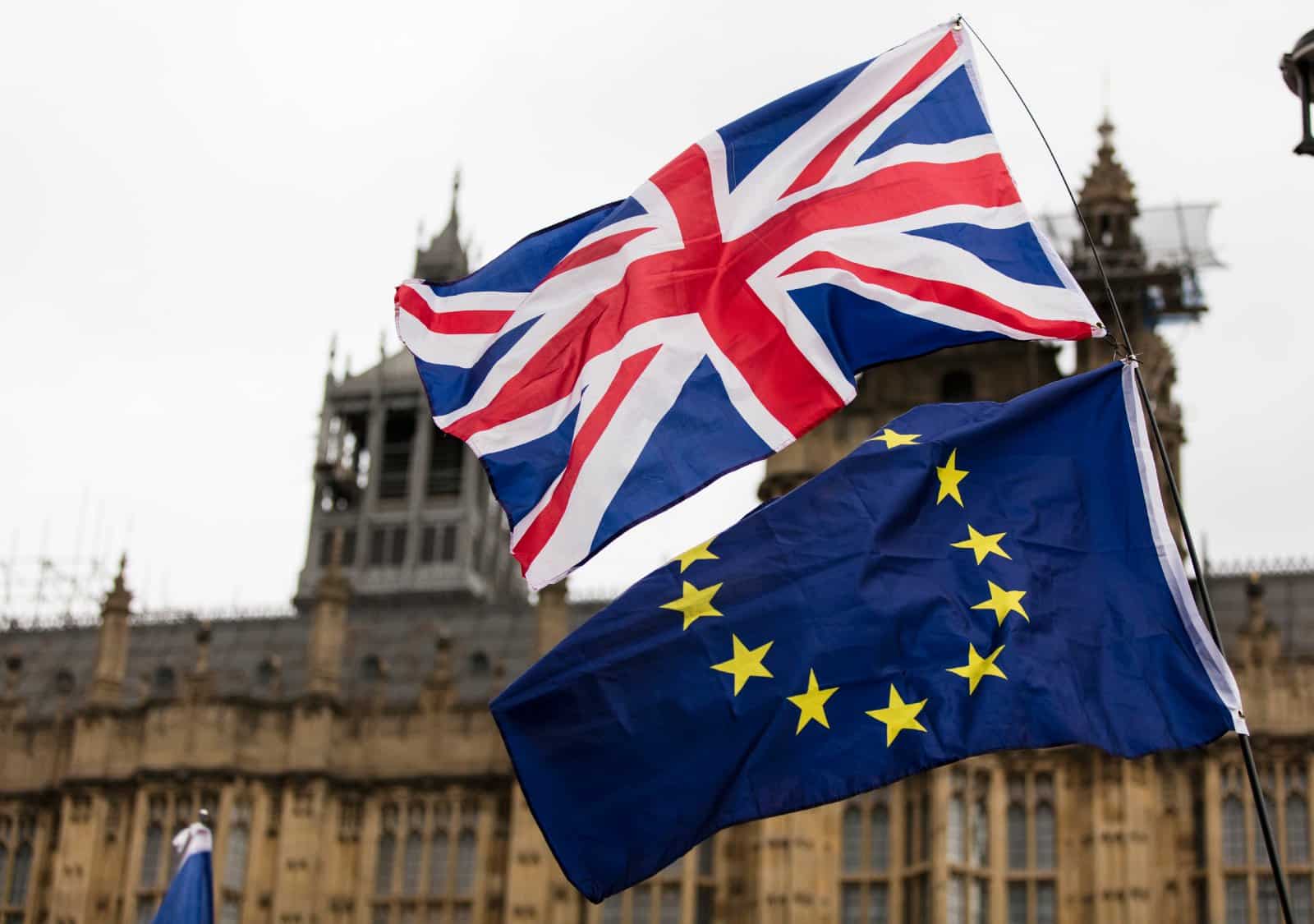
After many years of delays, the government has finally introduced physical checks on imports of animals and plants from the EU. These checks are comparable to those the EU introduced on British imports following Brexit.
Inspections and Costs
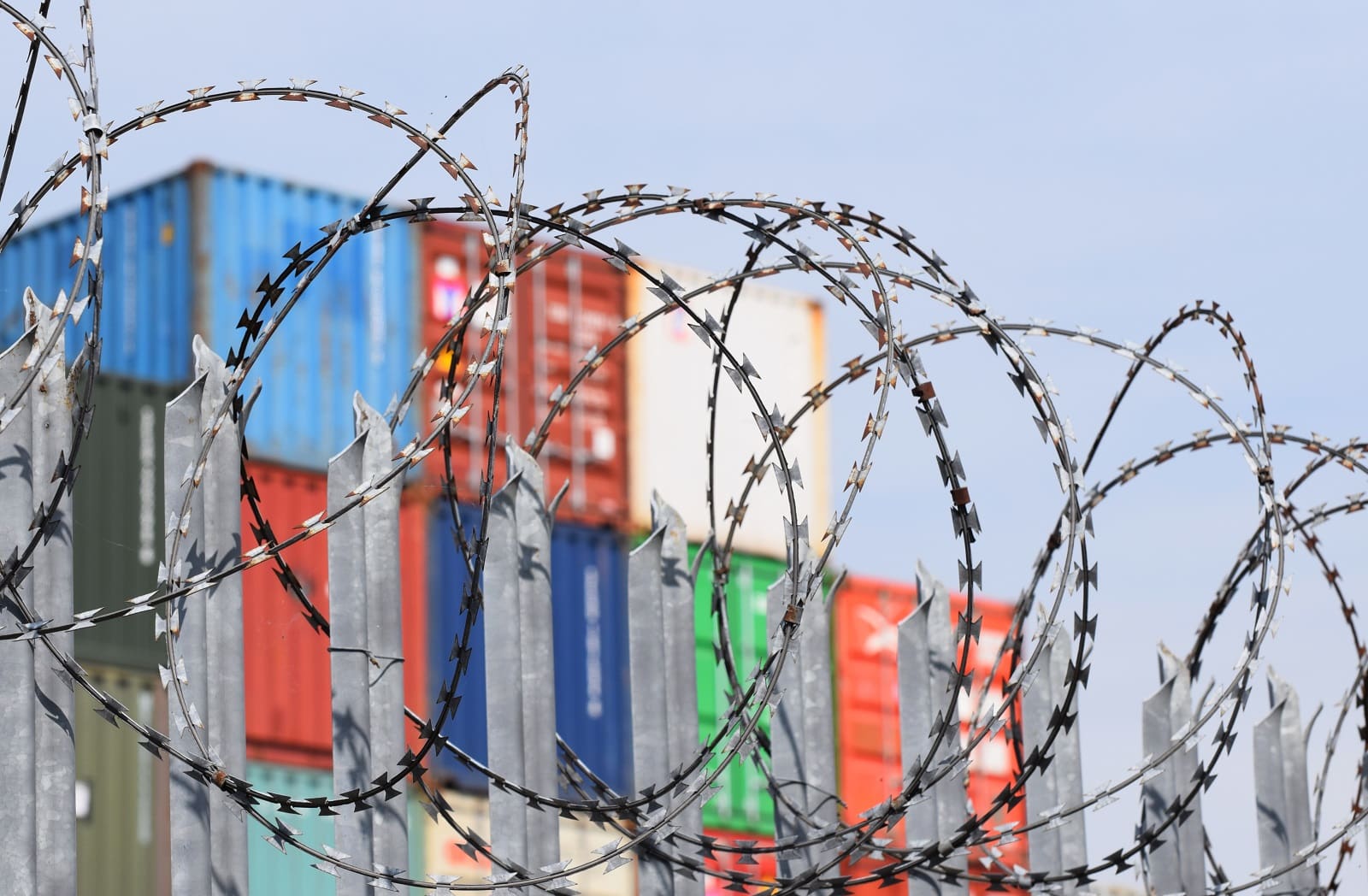
This new process covers three types of goods: low, medium and high risk. Plans were to inspect 100% of “high-risk” goods: live plants and live animals. However, this has been modified so that only the “highest risk” products will be checked.
What Does It Mean?
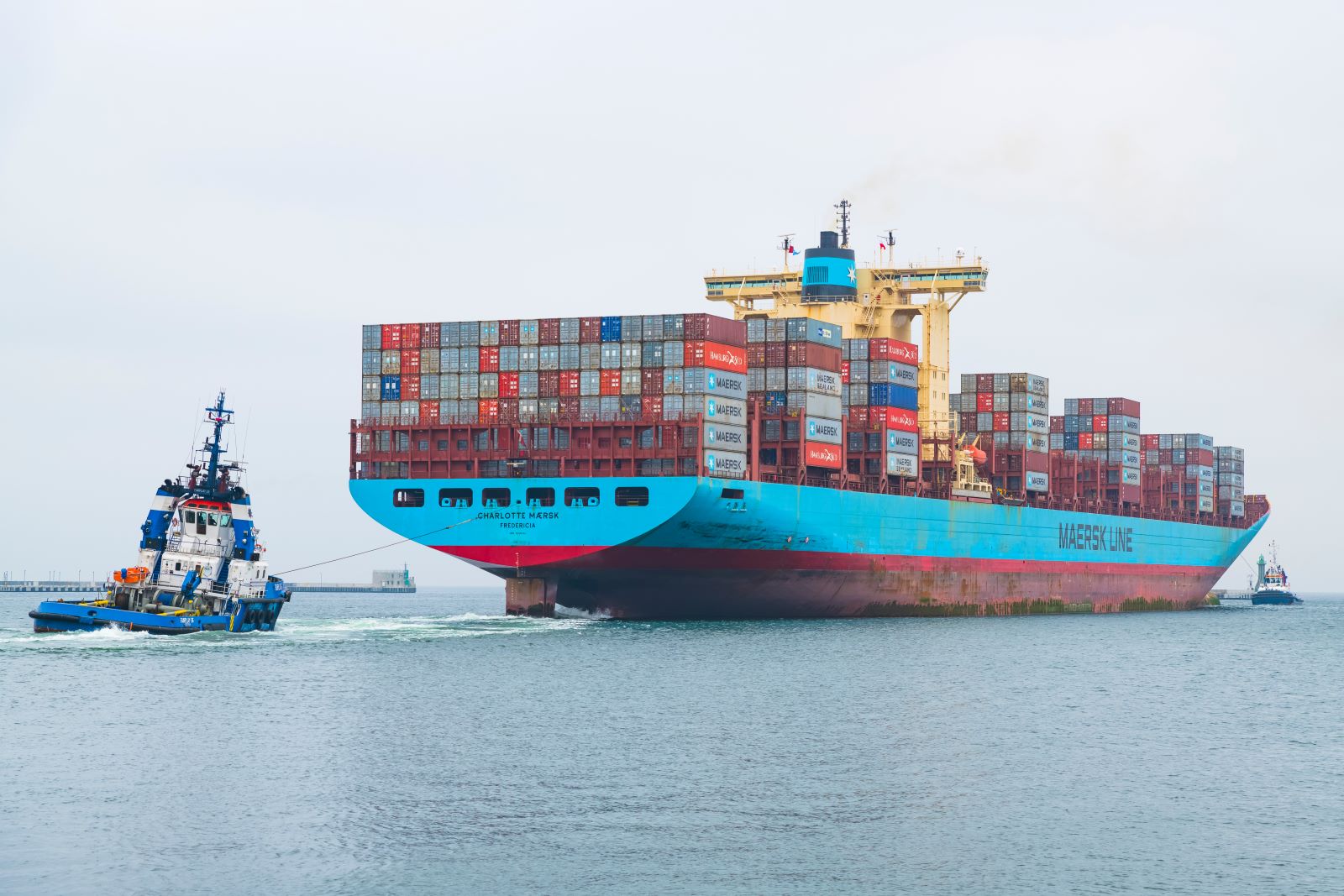
The low number of expected checks does mean that there shouldn’t be delays for items coming through Dover. However, there will be a financial cost.
The Common User Charge

The common user charge (CUC) is a fee that will be imposed on every product in the three categories. It is far too significant to be borne by the importers themselves. Estimates from theguardian.com suggest importers’ costs may increase by as much as 60%.
The Cost per Consignment

Due to the wording involved, the exact costs are still unclear. The cost may be £29 per product type or £145 for mixed consignments. The problem comes with the term “consignment.”
£145
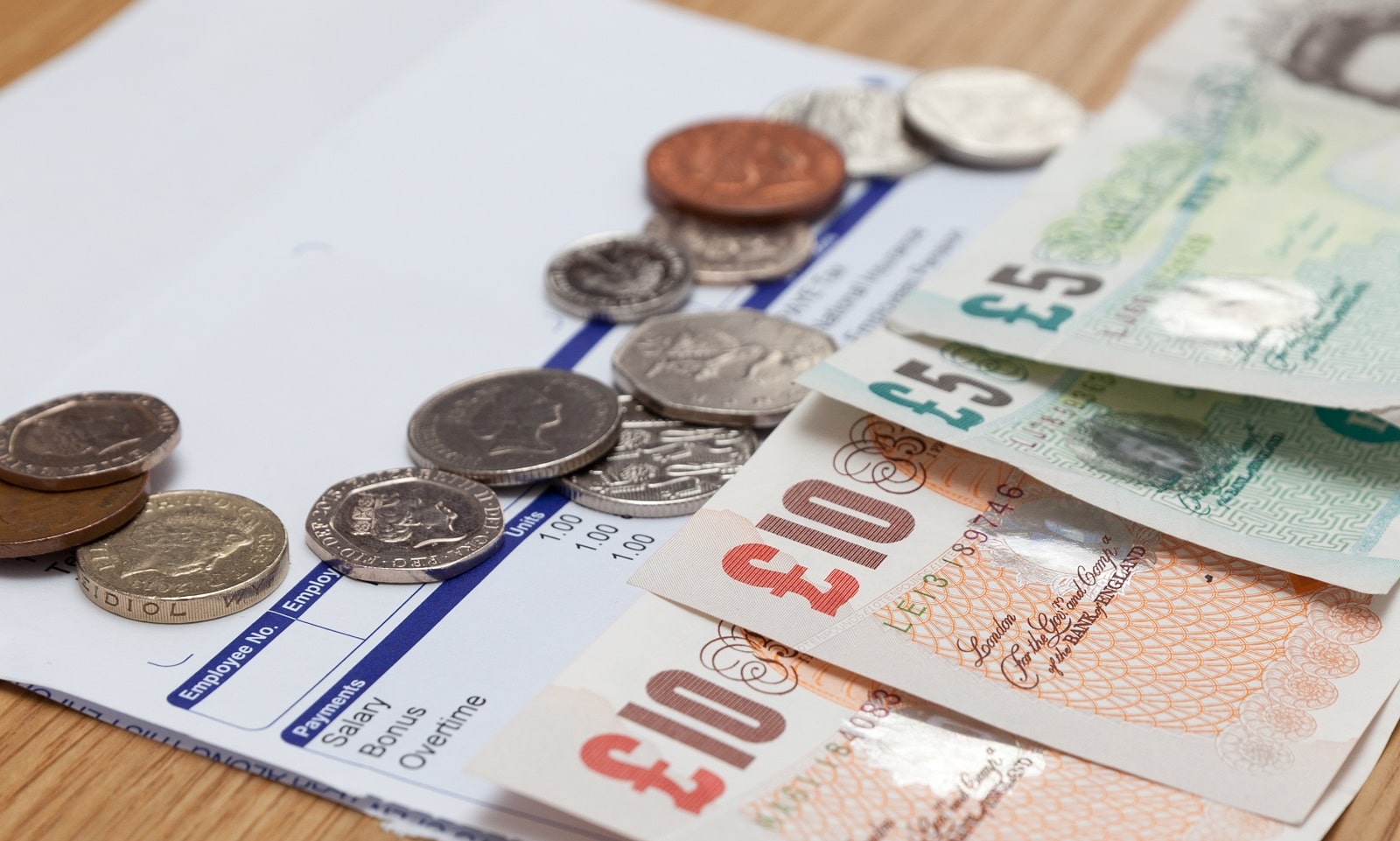
It has become apparent that the £145 per mixed consignment may not mean one vehicle with a mixed load. Such a vehicle may have to pay £145 multiple times, incurring a significant cost for imported goods such as eggs, meat and dairy.
Other Costs

The other changes associated with Brexit mean several other new costs for importers. Costs such as health certificates mean the additional amount per load would be closer to £1000 than £100.
The Price to Pay
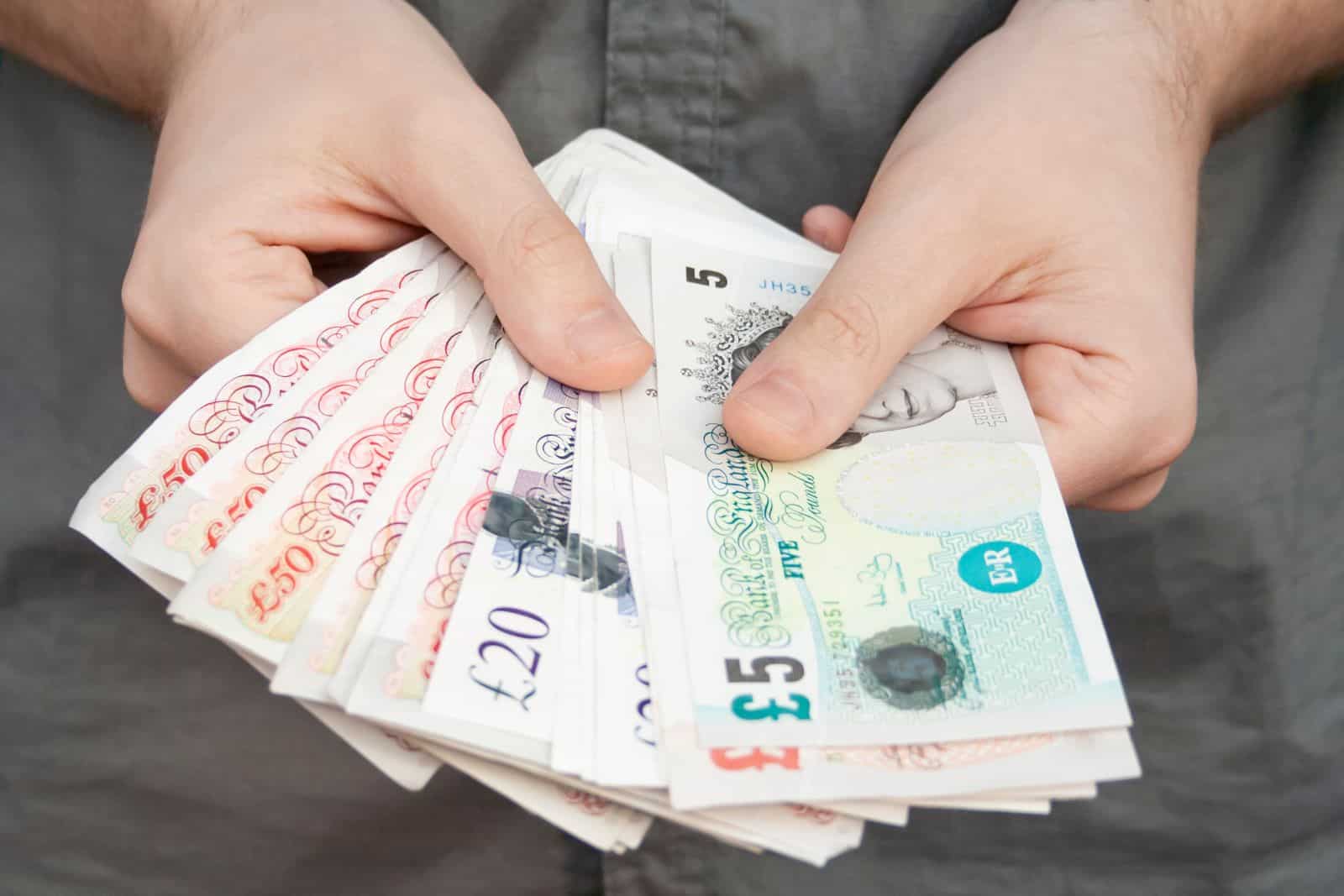
The government estimates these checks will cost businesses around £330m annually. However, other estimates put this figure at £1bn or £2bn a year.
Who Will Pay?
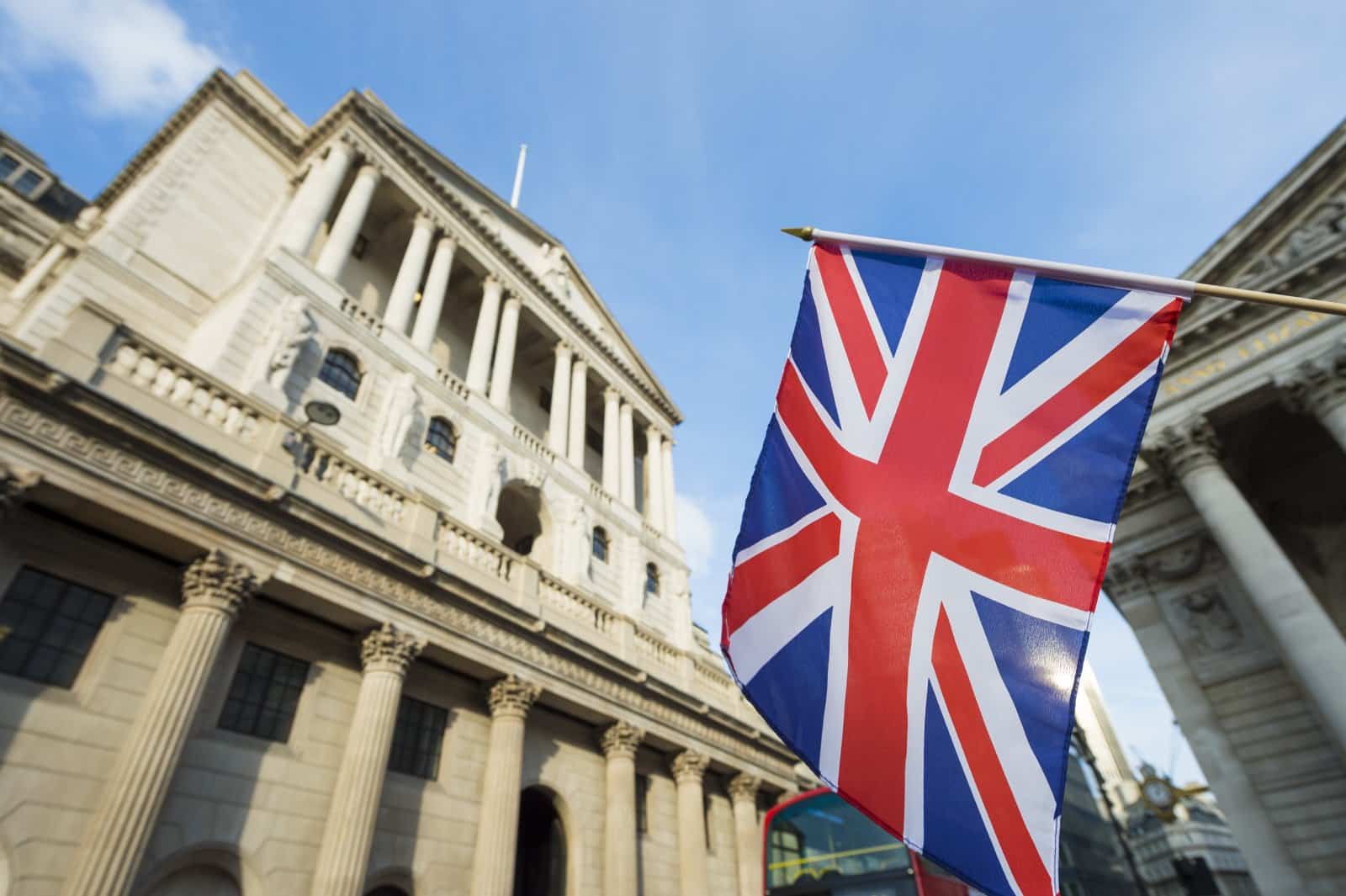
Unhappily and unsurprisingly, these additional costs will be passed on to consumers. The British public can expect a rise in food costs set to match this 60% estimate.
Unclear Information

While the CUC has been planned since the end of free trade with the EU, its introduction has still been confusing and unclear for many. Despite years of planning and delays, the details of the costs were only released at the start of April 2024. This gave importers only a few weeks’ notice of these considerable fees.
Common Health Entry Document (CHED)

A Ched is required for each type of product in a given load. A fee capped at £145 is for checking each consignment with a Ched. This means a vehicle with three kinds of products has three Cheds, and therefore a new, and not insignificant, cost of £435.
Covering Costs

The CUC income will be used to cover the costs of checks and running the border control posts, such as the one at Sevington.
Increasing Food Costs
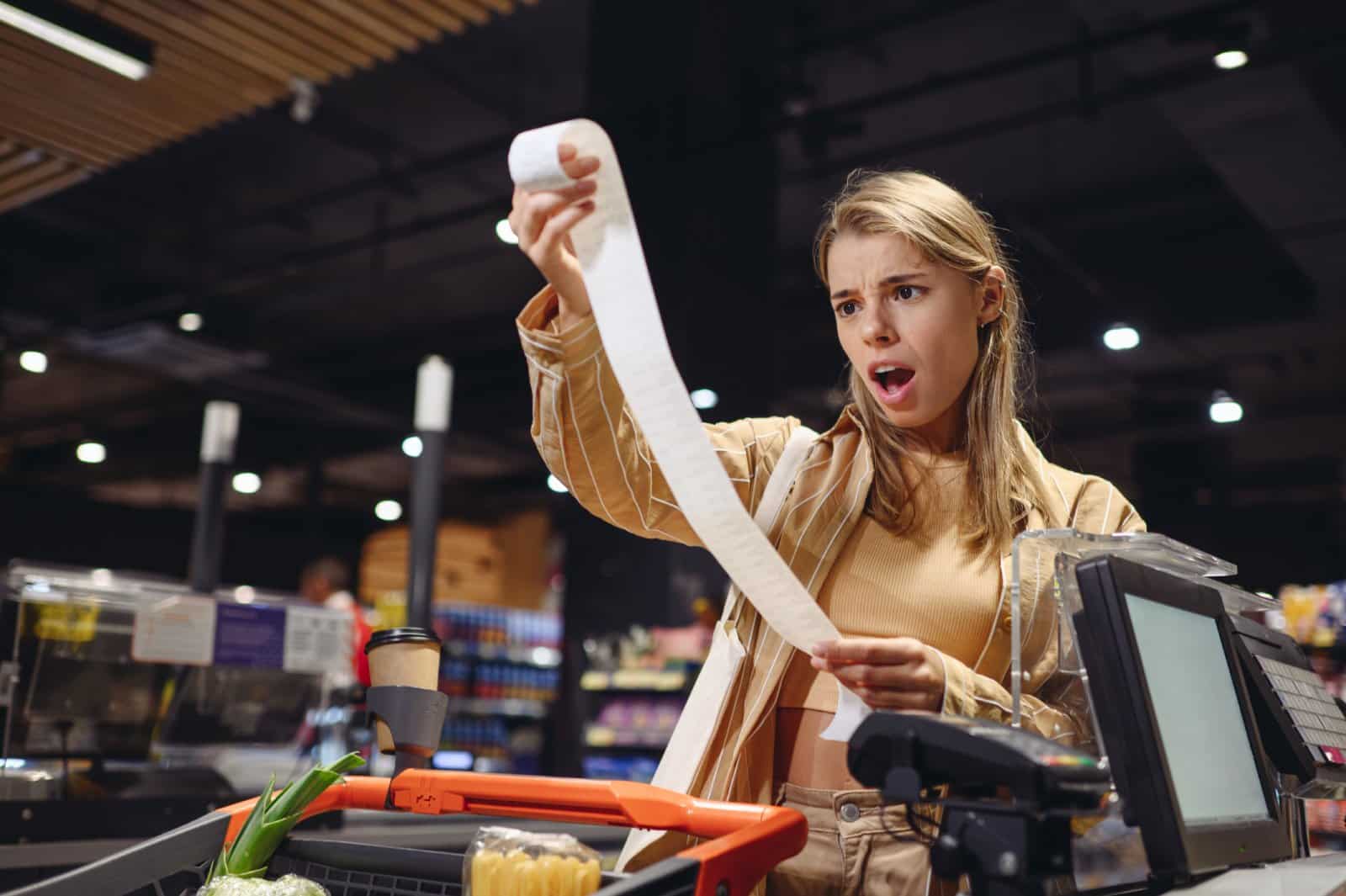
According to parliament.uk, food costs in the UK rose 23.9% from March 2022 to March 2024. The site notes that the same increase occurred from September 2009 to March 2022, showing a considerable rise since Brexit.
Eating Local, or Not?
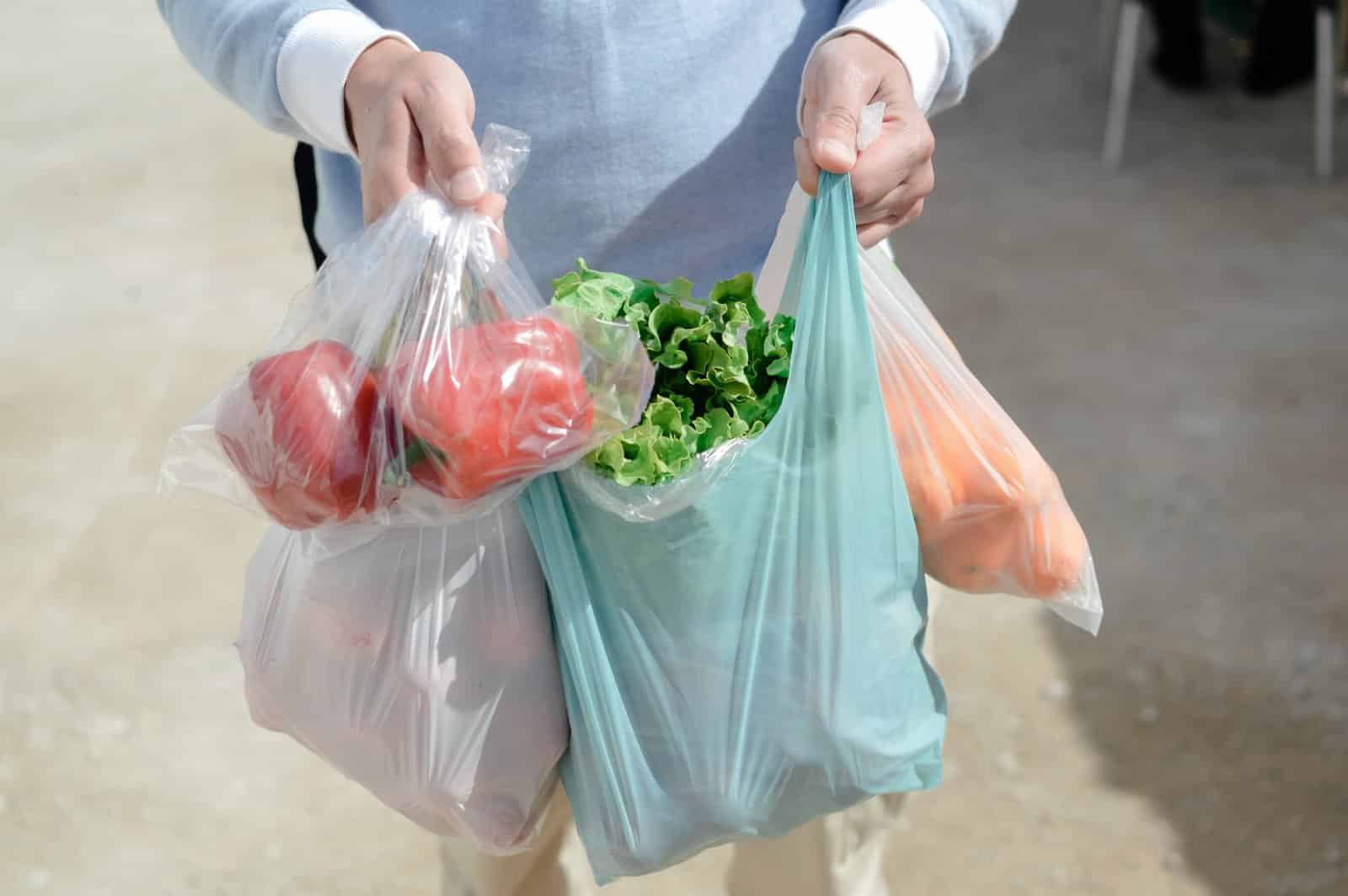
Of course, the specific costs of importing from the EU won’t apply to British produce or produce from even further afield, such as Australia, Africa and South America.
Uncertainty Ahead

The coming weeks will start to give us an indication of just how the CUC is going affect the affordability of European produce.
The post Brexit Aftermath: UK Braces for 60% Surge in Food Import Costs from Europe first appeared on Swift Feed.
Featured Image Credit: Shutterstock / Philip Reeve.

